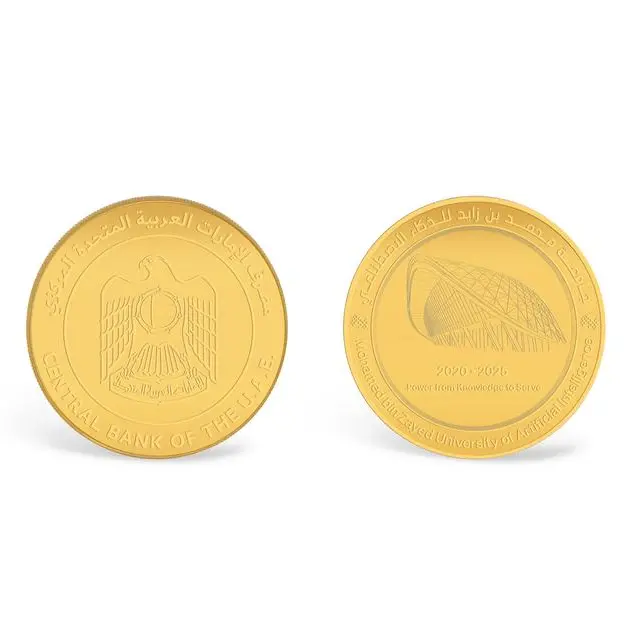PHOTO
In March, the UAE enacted a new regulation for the duration of the coronavirus crisis that allowed firms to lay off staff, cut salaries and force staff to take leave, paid or unpaid. The decree also allows employees to transfer their visas to a new employer if they find a new position.
Despite the billions of dollars worth of subsidies announced to protect and support businesses and individuals, the dim economic conditions will increasingly translate into layoffs as companies streamline operations in anticipation of tough months ahead.
Supply and demand in many industries will shift, some temporarily while the economy recovers, some permanently. As a consequence, many millions of jobs will significantly change or be lost for good on a global scale, said Annas Abedin, co-founder of Makeen Advisors, a management consultancy firm.
According to the International Labor Organization (ILO), the lockdown measures (full and partial) “are now affecting almost 2.7 billion workers, representing 81 percent of the world’s workforce.”
The ILO also estimates that 1.25 billion workers, representing almost 38 percent of the global workforce, are employed in sectors that are now facing a severe decline in output indicating a high risk of workforce displacement.
Employees need market intelligence on how their industries and jobs within them will be impacted as well as guidance and coaching on actions they need to take to ensure a promising and successful professional future in a post-COVID-19 world, said Abedin.
There are four categories of questions that everyone in the workforce needs to consider to chart a clear path forward and be ready for these new realities, said Abedin. This will also help mitigate the economic fallout of the pandemic at the individual level, he added.
- How is my industry and my job affected by COVID-19? What are the short-term and long-term implications of the virus for my industry, both locally and internationally? How soon are jobs in my space going to come back? Will my industry grow or shrink? What jobs in my industry will be higher in demand and lower in demand?
- How can I address my skill gaps to meet the realities and requirements of a post-COVID-19 job market? What is the best way to build new skills, and what are the best resources to use?
- How do I find and successfully acquire emerging job opportunities? How are jobs in my current (or target) industry filled? Do I have the right profile for the opportunities I am going after? Are there other industries or functions in which my skills might be relevant?
- How do I stay focused and energized during this period? How do I achieve clarity on my financial situation? Finding new jobs or switching industries might take a long time; do I have a roadmap for what I need to do, and am I mentally prepared for the challenges or failures I might encounter on the way?
While all the answers to these questions may not be available yet, they will enhance employees’ preparedness for getting a new job or holding on to the current one, both of which are critical at this stage.
(Writing by Mily Chakrabarty; Editing by Seban Scaria)
mily.chakrabarty@refinitiv.com
#JOBS #CAREERS #COVID19 #UAE #GLOBAL
Disclaimer: This article is provided for informational purposes only. The content does not provide tax, legal or investment advice or opinion regarding the suitability, value or profitability of any particular security, portfolio or investment strategy. Read our full disclaimer policy here.
© ZAWYA 2020





















